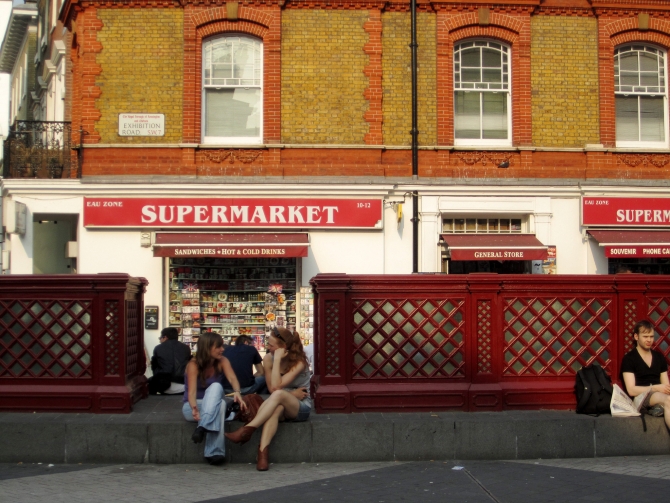Since the plastic bag tax was introduced in Wales, the country has seen a vast reduction in the number of carrier bags dispensed by retailers and a rise in households choosing to recycle during the weekly shop. However, new research has indicated that when the same tax is introduced in England in October 2015, the number of plastic bags used each year will in fact increase – with the cost to consumers coming in at around £5 per household per annum.

According to the Department for Environment, Food and Rural Affairs (Defra), more than 2.2 billion bags will be purchased between 2015 and 2018, resulting in a total annual cost of more than £110 million. In fact, according to environment minister Dan Rogerson, the final three months of 2015 will see a £22.1 million gross revenue raised by the tax, equating to 442 million bags and 98 pence per household.
The question, then, is why this tax – which has proven so successful in Wales – seems doomed to fail in England in terms of both the environmental impact and the cost to consumers? A Defra spokeswoman believes that the growing population, coupled with the expansion of convenience stores by supermarket chains, lies at the root of the problem.
She says; “It [the rise in spending] will increase slightly year on year based on things like population growth and the increasing number of convenience stores such as Tesco Metro and Sainsbury’s Local.
“As a result there will be potentially more people stopping off for impulse purchases, hence why we see the revenue go up still for the first few years – not by an awful lot though.”
The scheme, which sees consumers charged 5 pence for every plastic bag picked up in a store, is already operational in both Wales and Northern Ireland, and will be introduced into Scotland later this year. Although it has proven successful in each participating country, however, the issue has not been without controversy, with health experts voicing concerns over cross-contamination of food items carried in recycled plastic bags.
In addition, the government has decreed that small retailers will be exempt from the charge in order to prevent burdening growing SMEs – something which critics claim will be difficult to implement and will make the system overly confusing.
Furthermore, this could even have a damaging effect upon small retailers, as it could infringe upon their revenue growth and see them put on the back foot when competing against national convenience store chains.
Proceeds from the tax, for the most part, will be invested into local communities, as the environment minister explains.
He says; “The Government expects retailers covered by the charge to deduct reasonable costs from the revenue raised and use the remaining part for good causes.
“VAT will be included in the 5 pence charge and no profits generated from this charge goes to the Government.”
Do you think the plastic bag tax, in the longer term, will encourage environmental responsibility in consumer spending habits, or will it simply eat further into annual household budgets?
Previous Post
Bury Shopping Centre sold in £52m Deal